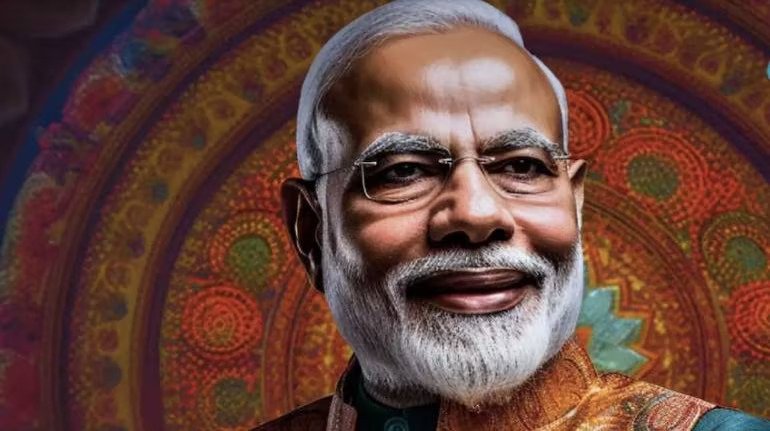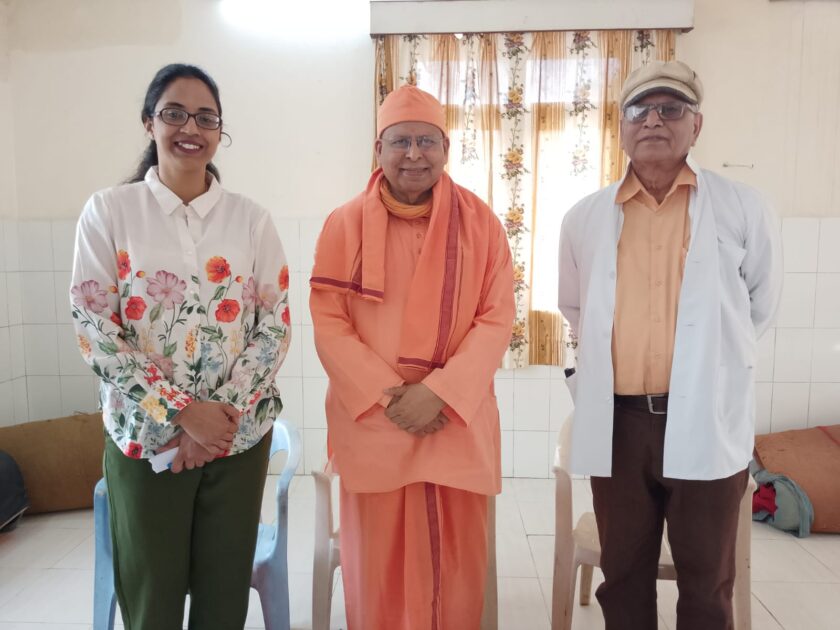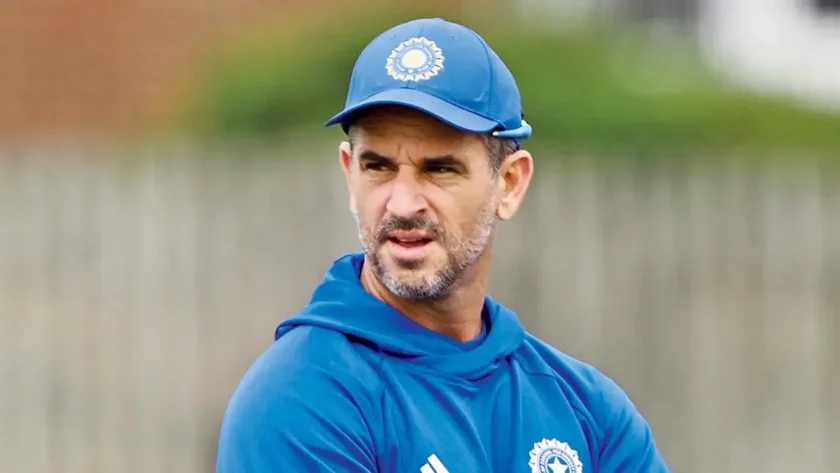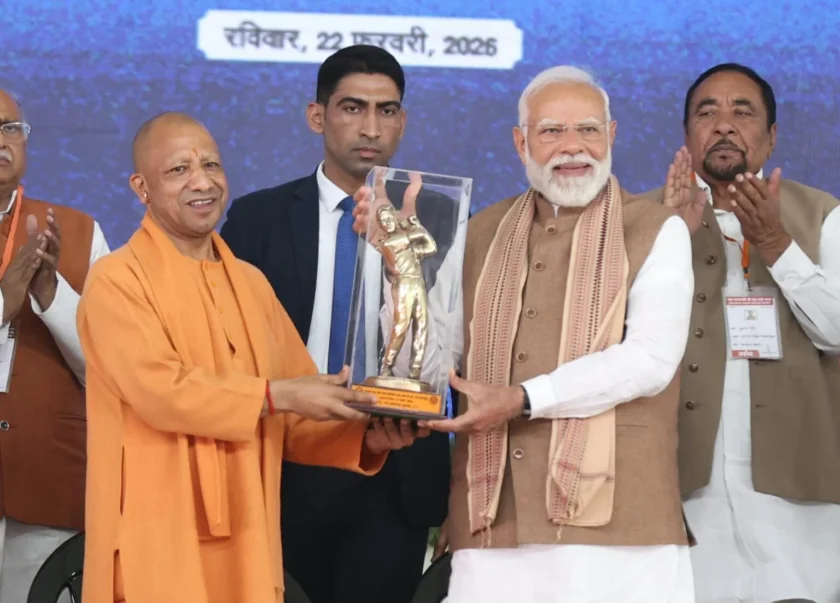New Delhi: India has the potential to play the role of a global unifier in times of conflict, leveraging its unique geopolitical position, historical non-alignment, and growing economic and diplomatic influence. Here are several reasons and ways India can serve as a unifying force:
Geopolitical Position and Non-Aligned Movement Legacy
India’s strategic location in South Asia, along with its historical leadership in the Non-Aligned Movement (NAM), positions it as a neutral player capable of mediating conflicts. India’s foreign policy has traditionally emphasized peaceful coexistence and non-interference, which can be appealing to various parties in a conflict.
Economic and Technological Strength
As one of the world’s largest economies and a leader in technology and innovation, India has significant economic leverage. It can use trade relations, investment opportunities, and technological cooperation to build bridges between conflicting parties. Economic interdependence fostered by India can help reduce tensions and promote stability.
Diplomatic Engagement and Soft Power
India’s diplomatic efforts, including its active participation in international organizations such as the United Nations, BRICS, and G20, provide platforms for dialogue and cooperation. Additionally, India’s cultural diplomacy, including the global influence of Bollywood, yoga, and its diaspora, enhances its soft power, making it a respected voice in international affairs.
Military Capability and Humanitarian Assistance

While India maintains a strong military, it has also demonstrated a commitment to humanitarian assistance and disaster relief. India’s contributions to UN peacekeeping missions and its swift response to regional humanitarian crises highlight its ability to act as a stabilizing force.
Promoting Multilateralism
India advocates for a multipolar world order and reforms in international institutions to better reflect contemporary global realities. By promoting inclusive multilateralism, India can help ensure that diverse perspectives are represented, reducing the likelihood of unilateral actions that can exacerbate conflicts.
Challenges and Limitations
While India has the potential to act as a global unifier, several challenges could hinder its efforts:
- Domestic Issues: Internal challenges, including economic disparities, social tensions, and political polarization, could divert focus and resources away from international engagement.
- Regional Conflicts: Ongoing regional tensions, particularly with Pakistan and China, can limit India’s ability to project itself as a neutral mediator.
- Balancing Act: Navigating relationships with major powers like the United States, Russia, and China requires a delicate balance, as aligning too closely with one can affect perceptions of India’s neutrality.
India has several attributes that enable it to play a significant role in unifying global efforts during conflicts. Its historical commitment to non-alignment, economic influence, diplomatic engagement, and soft power make it a capable mediator and a promoter of peace. However, to effectively fulfill this role, India must address its internal challenges and continue to navigate its complex geopolitical landscape carefully. By doing so, India can contribute meaningfully to global stability and conflict resolution.









